Introducing the all new Marathon – the tool for people who live in Figma

We built Marathon (then Mast) nearly four years ago, after growing frustrated with our agency's fragmented feedback, task and discussions systems.
The intial goal was simple: capture all the discussions happening in Figma, and track their status. And for the past four years, it's done an incredible job at that. In that time, we've doubled our agency's revenue and team size with zero additional managers. I put this purely down to how Marathon has let us automate so much of the admin drudgery and communication requirements that plague any agency owner.
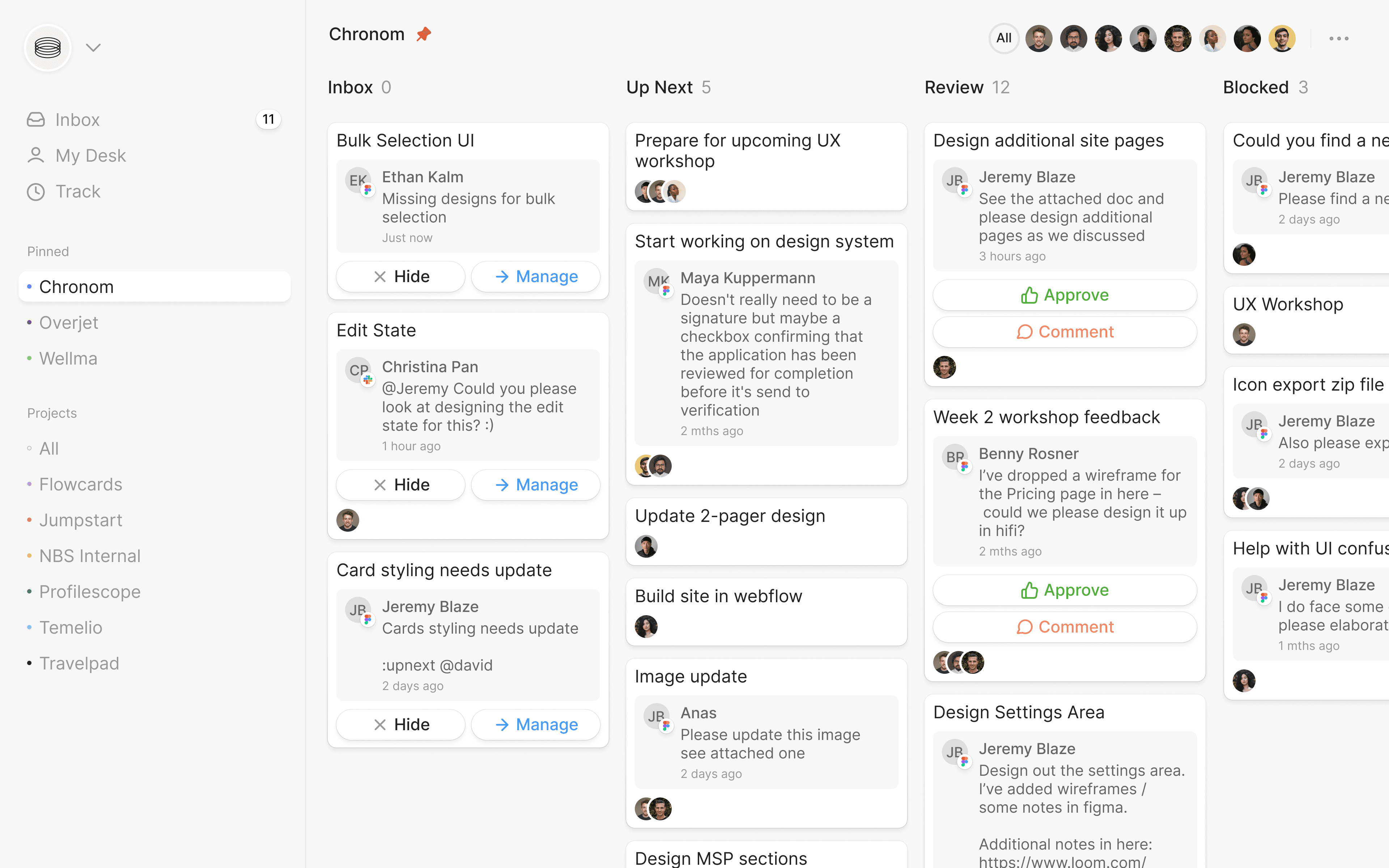
Screenshot of Marathon's kanban project board
Over the years Marathon has expanded its product footprint. First it was time tracking – to help reduce team member context switching and manual timesheet admin. It let us just hit 'play' when we began a task. Next was more strategic project planning. We added Sprints, Document management, AI task assignment, Slack automations for sending updates to clients automatically. It snowballed.
But at its core, the main thing that kept us and the other teams using Marathon loving it, was its deep, two-way Figma integration. And as our agency's team has grown and our processes matured, we've started to outgrow Marathon as a project tool.
This left us at a fork in the road. Should we continue developing Marathon and turn it into the project tool of our dreams? Or should we shift to a dedicated project app.
I spent about 6 months pondering this, and then I saw a tweet from Karri Saarinen – CEO of Linear. They'd integrated AI Agents across the product.
When I saw this, I knew instantly that it wasn't worth continuing to build our own project app. This is a realisation that it seems almost everybody who creates a project app as a side project eventually realises. E.g. Andrew Wilkinson, who lost $10M building Flow.
So, a few months ago I set to work figuring out what our agency tooling would look like going forward. I tried every project app under the sun, but ultimately decided we wanted something hackable, and that's at the absolute forefront of AI so that we can leverage it as best as possible. There were really only two options: Notion and Linear.
But both of these are missing something. While they both have integrations with Figma, they still don't help us with our core challenge: how to capture conversations happening across our design files, and track their status. And this is where the idea for the new Marathon came to light.
Marathon's new incarnation is a totally new product. Essentially, we've lifted the old two-way Figma comment syncing functionality and placed it in a new, simpler app, which lets you see all your comments in an inbox, and send them into the apps of your choice – currently Notion, Linear and 8,000 more via Zapier.
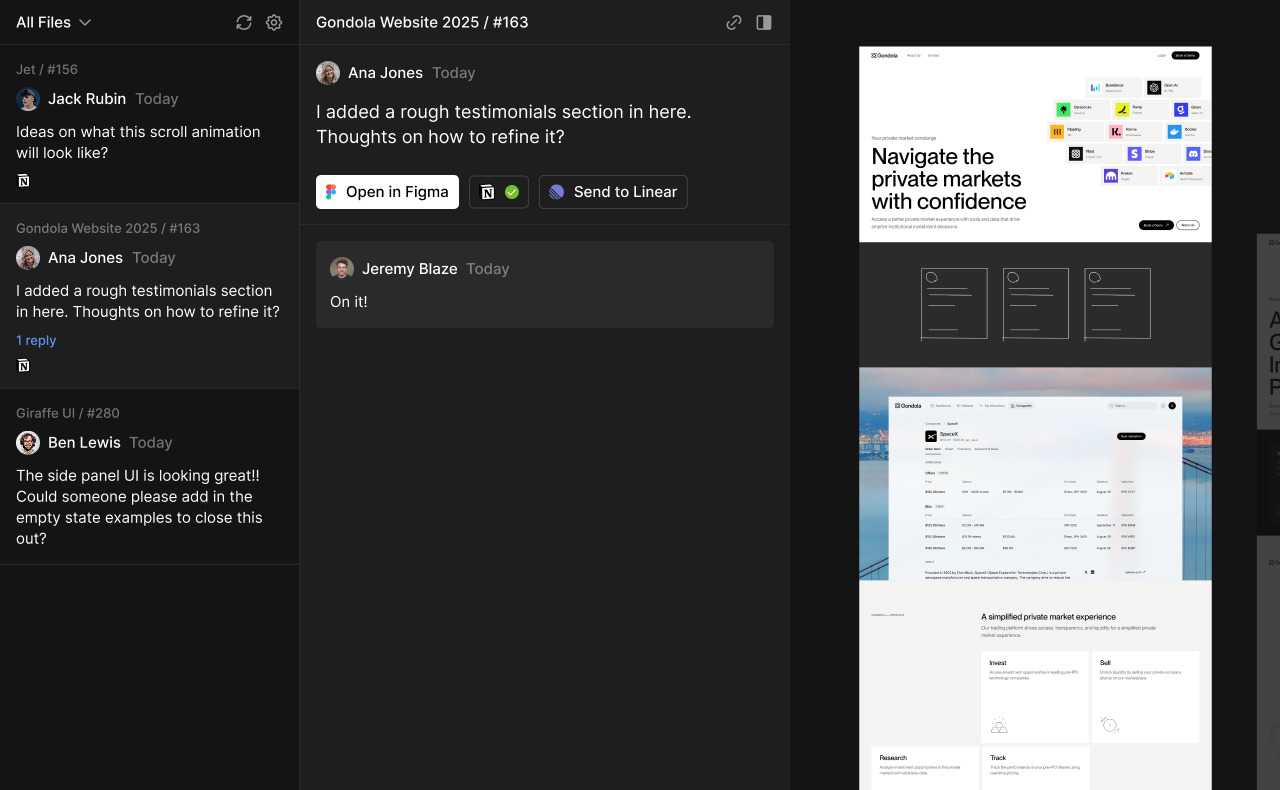
The new Marathon
We can now keep the core of what we loved about Marathon, but use a project tool that's going to grow with us for hopefully decades to come.
Personally, I'm a little sad to sunset the old Marathon (which we're now calling Marathon Classic). We'll continue supporting it and making critical updates for the foreseeable future for the teams still using it, but our focus is shifting to making the new, more focused experience of Marathon the best Figma workflow assistant you've ever seen.
You can sign up for the new Marathon at onmarathon.com

First Make Them Care: The $50B Communication Gap Between Experts and Success

AI Is Offering A New First Step To The Mental Health Journey

After the Interface: Rethinking Design for a World of AI Agents
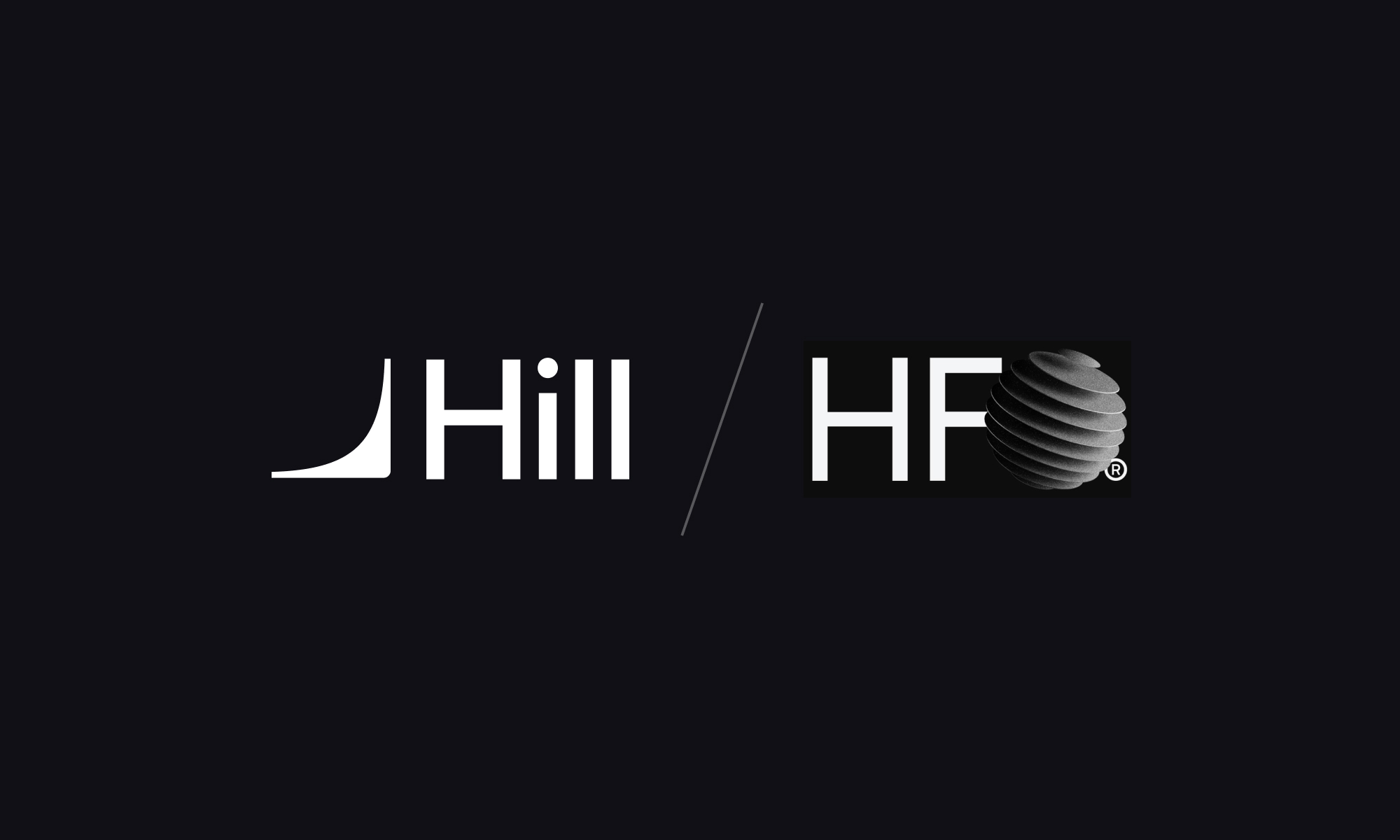
Hill Has Been Accepted Into The HF0 Residency
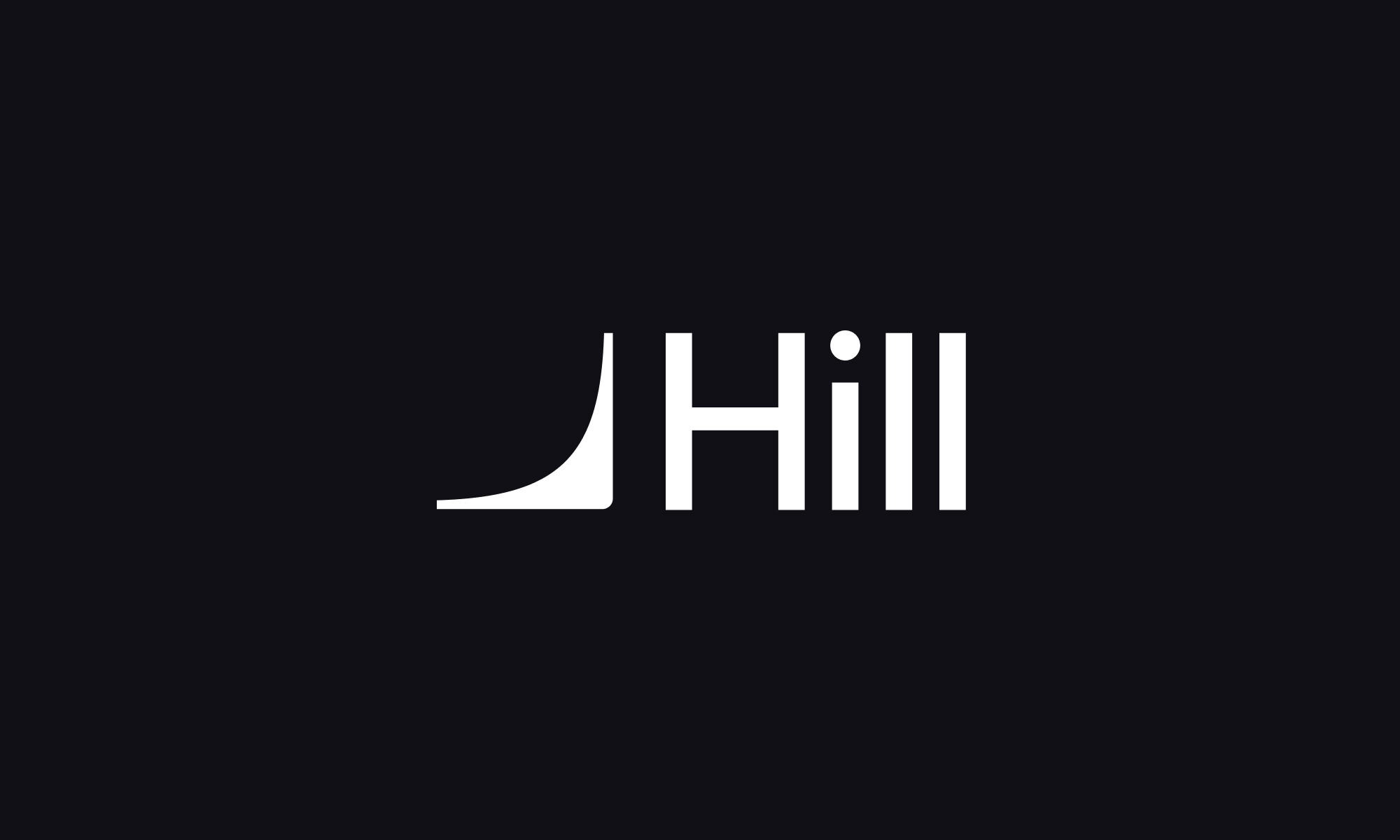
Joining Hill As Head of Product
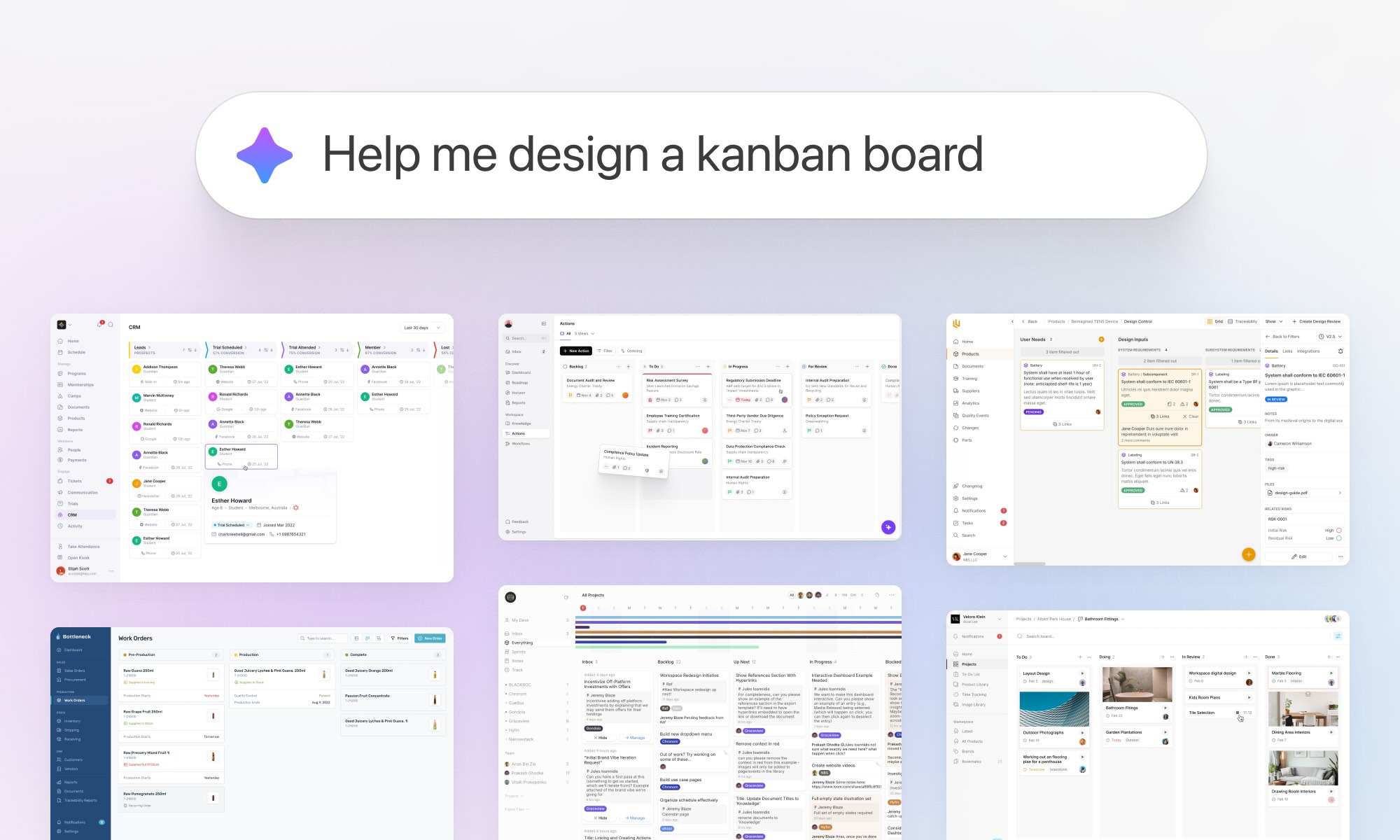
We turned 10 years of product design expertise into the ultimate AI design copilot

Breaking into UX & Product Design: A Guide for New Designers

Adding 'flexible features' to uncover new product opportunities

Introducing Blair, the companion to help you conquer your day

Pushing Through Creative Block: Learning from Artists and Musicians to Reignite Inspiration
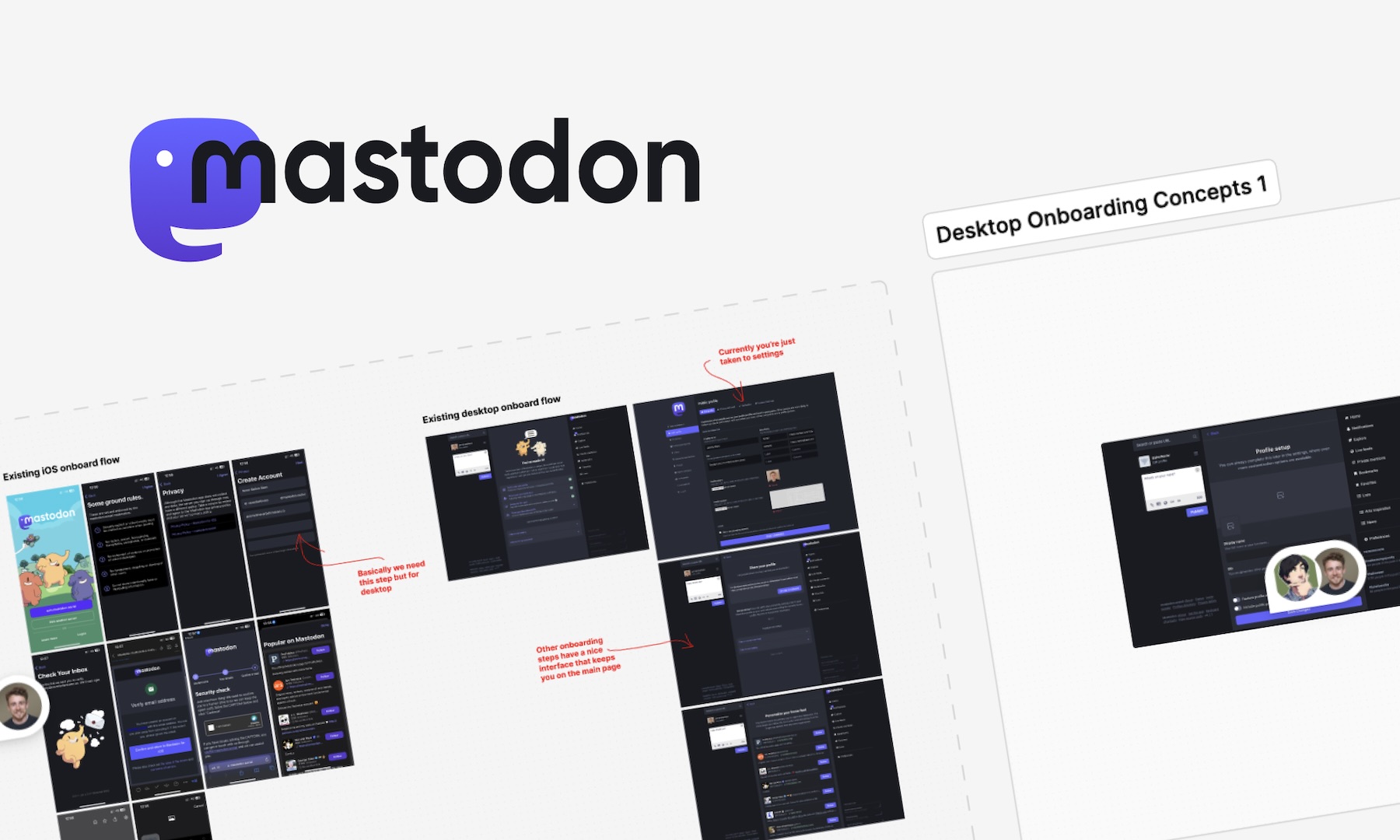
We helped Eugen Rochko, founder of Mastodon, fix their onboarding experience

Unlocking Airbnb’s Secret: How SaaS Founders Can Aim For 10 Stars And Win

How to avoid MVP feature creep: The ICE Method
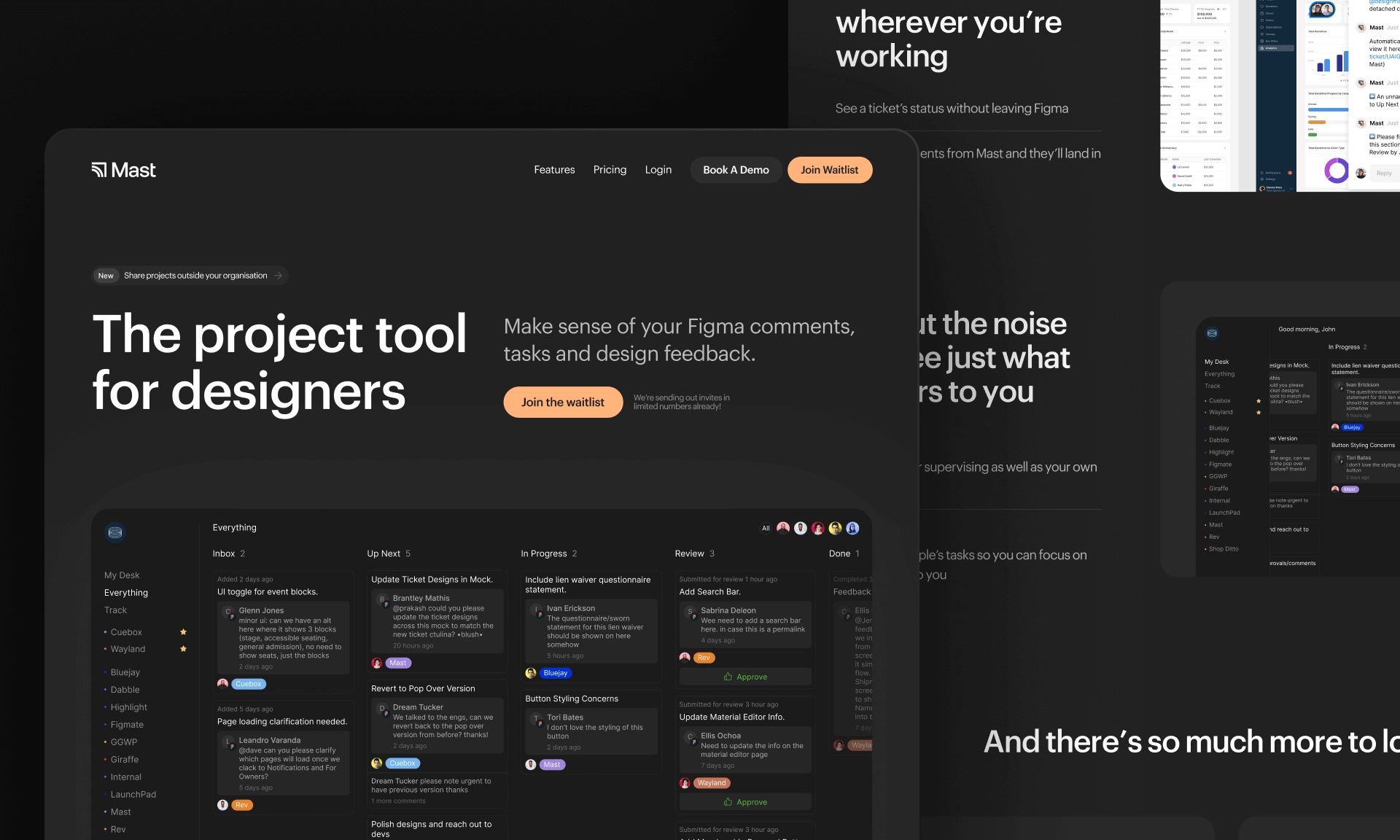
Introducing Mast: The project tool for design teams

Reflecting on my time running a 100-person creative community in the heart of Melbourne
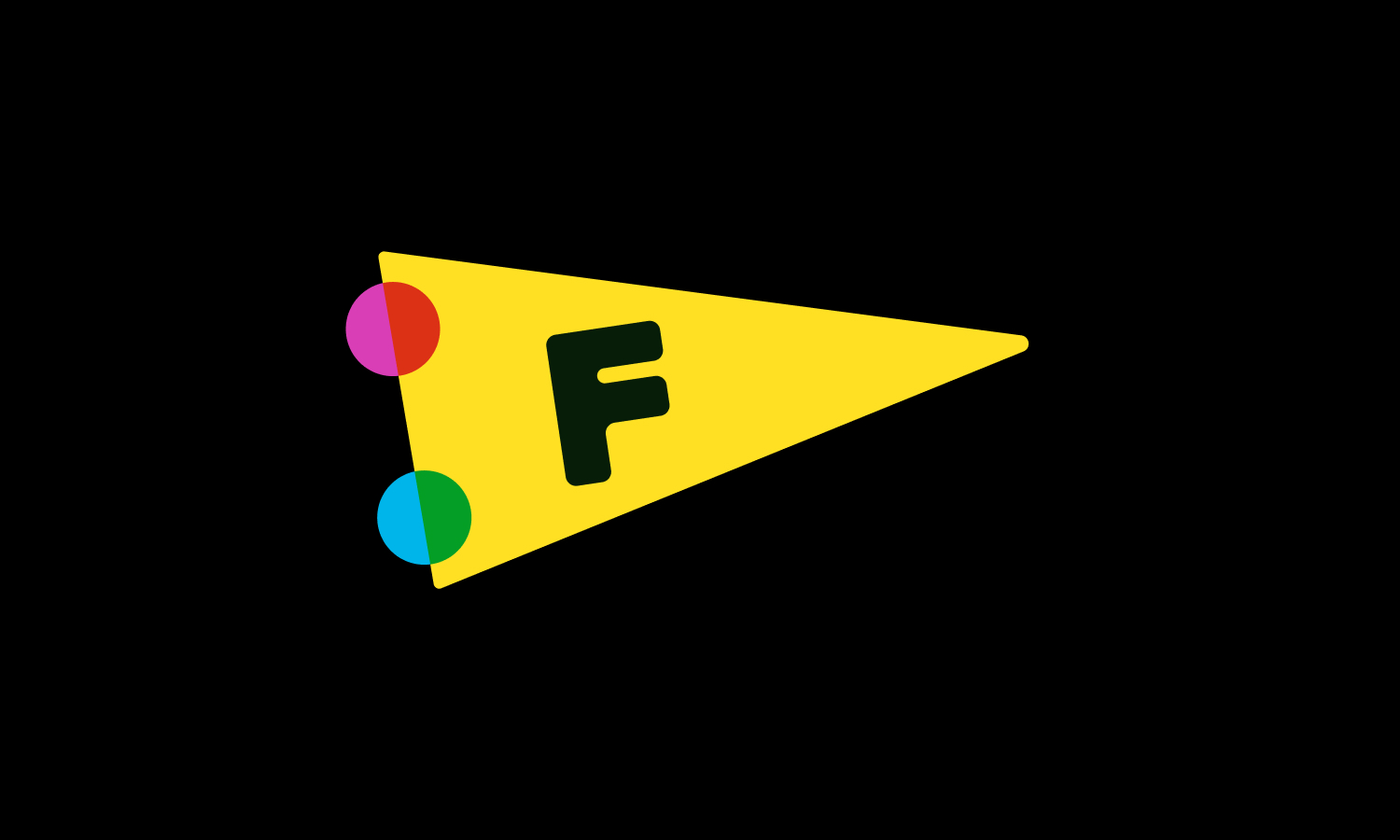
Starting a company during a global pandemic, with Jeremy Blaze on Funemployed

Introducing NOOK: Digital Patron Check-In & Menus to Keep Australia's Hospitality Industry Afloat
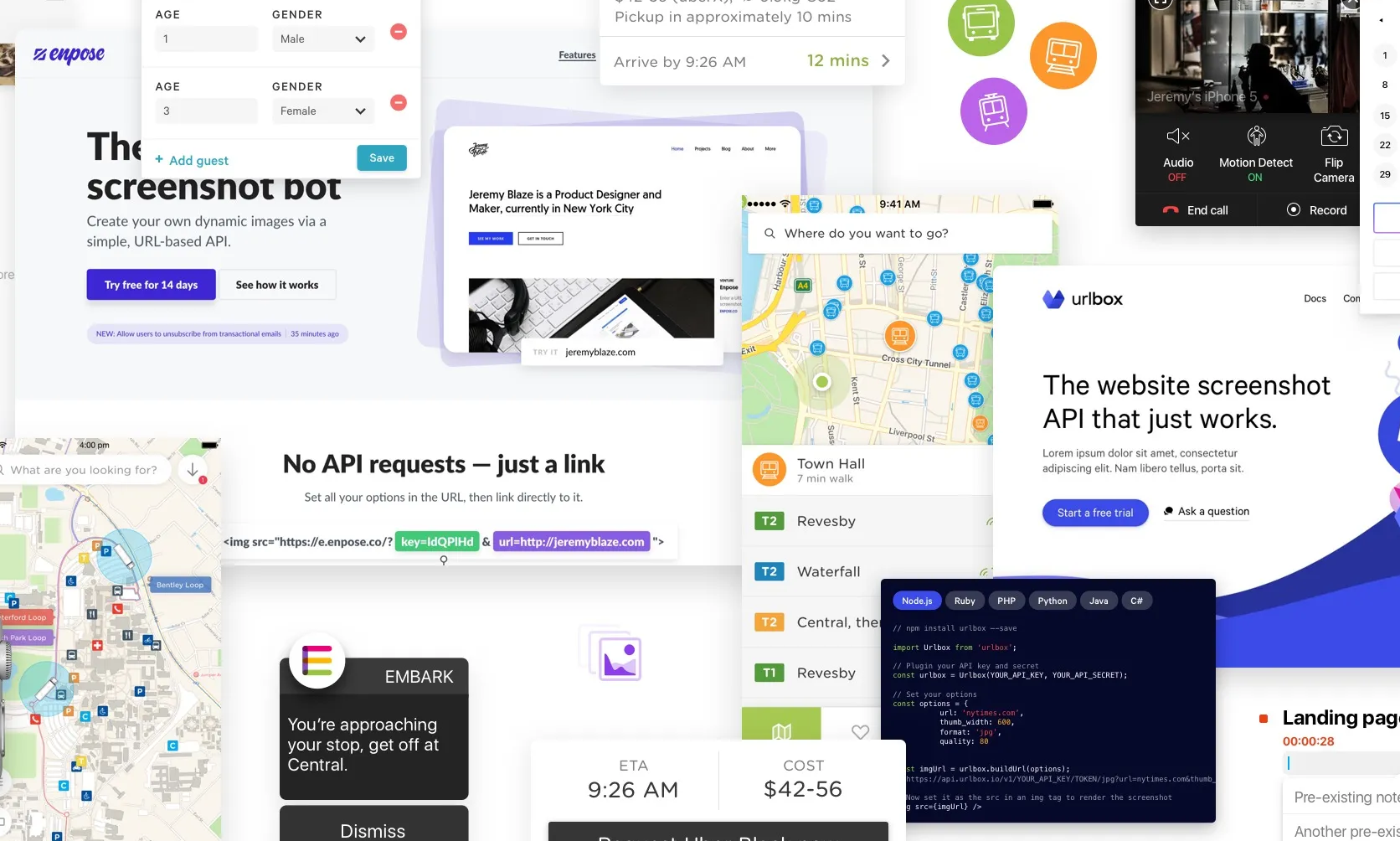
Why I’ve started a product design studio

Case Study: Making sense of LIVE carpark availability in UbiPark
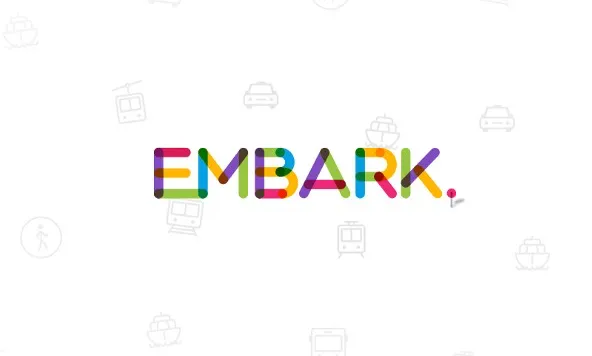
Case Study: Embark’s design, launch & early iteration
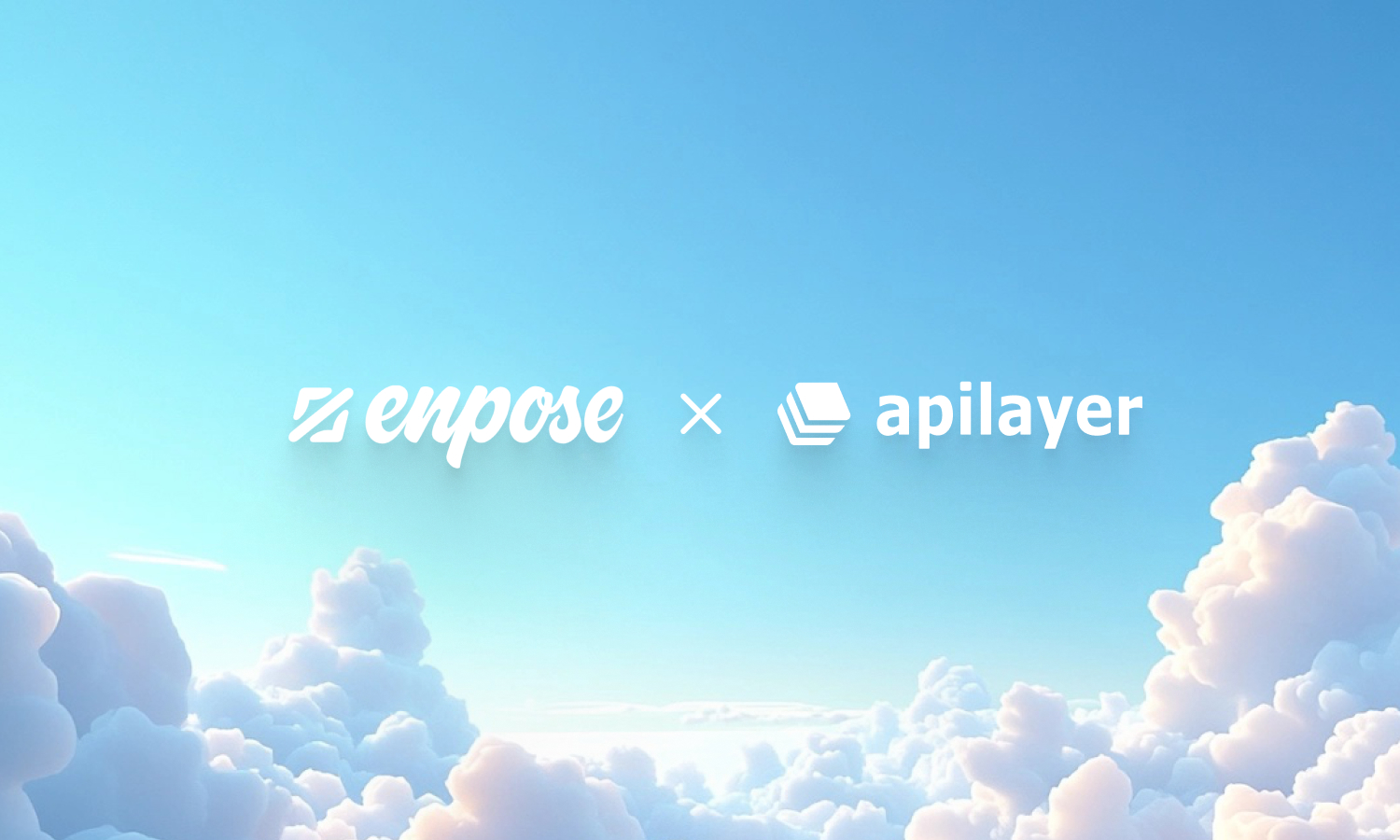
Enpose has been acquired by ApiLayer, solidifying their position in the screenshot API market
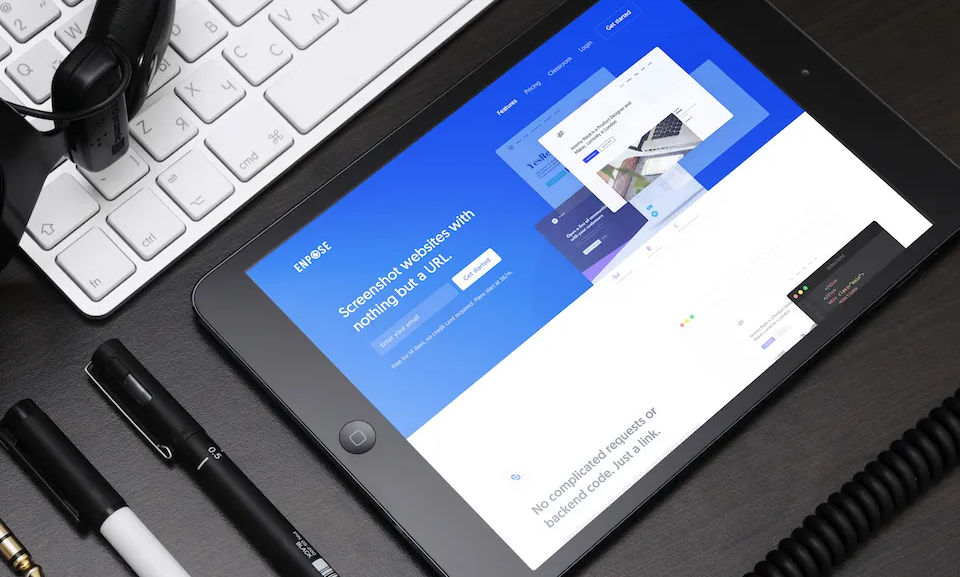
An exercise in reductive design: Building a beautiful API
